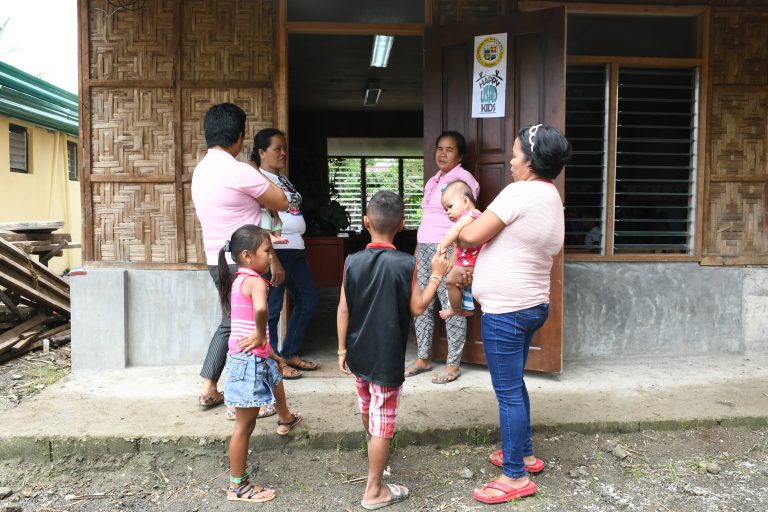MODULE 4: FAMILY AS THE UNIT OF CARE

OVERVIEW
It is highly recognized that the COVID-19 infection risk of household contacts is higher than that of other contacts. It is because the risk of household transmission in adults is higher than that in children, with older individuals (aged>60 years) most susceptible to household transmission. However, as the infection is much more transmissible in households, it challenges the home isolation of COVID-19 patients.
This module presents how LGUs can help families and households prevent the spread of respiratory infections such as COVID-19 and take care of family members in the home or hospital (health facility) setting.
In this module, learners will be able to:
- Understand how household vulnerabilities can impact infection response.
- Assess and classify families according to their risk profiles and level of exposure
- Identify needed general guidance for household and family members for preventing and managing infection in the home or community.
TARGET PARTICIPANTS
- Mayors
- Municipal Health Officers
- TTMF Coordinators
- Local IATF members
- Municipal Disaster and Risk Reduction Management Offi cer (MDRRMO)
- Barangay Health Emergency Response Team (BHERT) Coordinator (optional)
COURSE REQUIREMENTS AND COMPLETION
Each module is designed to facilitate the understanding of learners on their roles in strengthening their preparedness and response mechanisms and coordination in times of healthcare system disruptions during pandemics. In order to maximize their learning experience and receive a certificate towards the end of each module, it is required for learners to:
- Dedicate a minimum of 2 hours of study time per module
- Answer all required activities and learning assessments in order to
- Answer all module evaluation questions
